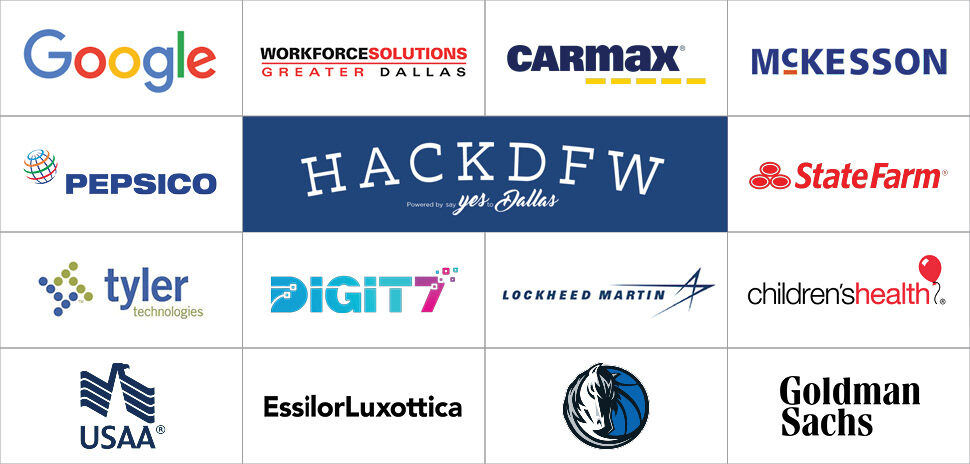The U.S. Department of Commerce’s Economic Development Administration has launched the Regional Technology and Innovation Hubs competition. Better known as the “Tech Hubs” program, the initiative aims to foster robust alliances among industry, higher education institutions, state and local governments, economic development organizations, and labor and workforce stakeholders.
This program is set to help selected U.S. regions compete globally in emerging technologies, while also cultivating the workforce necessary to sustain this innovation.
Having opened the call for applications for planning grants and Tech Hubs Designations, the Department of Commerce later plans to roll out a second call to action. This will invite applicants already designated as a Tech Hub to vie for implementation funding.
The program aims to “supercharge ecosystems of innovation for technologies that are essential to our economic and national security,” according to the DOC.
The CHIPS and Science Act, part of President Joe Biden’s Investing in America plan, supports the $500 million Tech Hubs program. The act plays a crucial role in authorizing and enabling the Tech Hubs program, which aims to stimulate private sector investment, create good-paying jobs, revitalize American manufacturing, and ensure that all communities benefit from America’s economic progress.
The Tech Hubs program is a component of last year’s CHIPS and Science Act, a $10 billion initiative. The act is designed to foster investments in emerging technologies like artificial intelligence, quantum computing, and biotech.
Strengthening the innovation infrastructure
In a statement, U.S. Secretary of Commerce Gina Raimondo, said “The Tech Hubs program is a critical piece of President Biden’s Investing in America strategy, and will help us create ecosystems of innovation to strengthen economic opportunity in communities around the country that have historically been overlooked.”
The U.S. innovation infrastructure will be strengthened by top research institutions partnering with companies, she said. Those kinds of collaborations will lead to the creation of high-paying jobs and technological advancements in communities all across America.
According to National Economic Council Director Lael Brainard, the President’s Investing in America agenda has marked an important milestone with the Tech Hubs initiative’s launch. Brainard said it will “seed the next generation of leading innovation clusters in communities around the country, strengthening manufacturing and creating good paying jobs to ensure that America again leads the world in technologies of the future.”
The Tech Hubs Program is intended to advance the capacity to manufacture, commercialize, and deploy technology in places across the country. The administration and DOC want to foster future technologies and industries—and ensure that these industries, companies, and the good jobs they generate stay in the United States.
The two-phase funding program is open to regions across the United States with the assets, resources, capacity, and potential to become globally competitive in critical technologies and industries within about ten years, per a DOC notice of funding.
How to apply
A webinar on May 18 will delve into how communities can apply and provide an overview of the notice of funding opportunity, along with an interactive Q&A session. Secure a spot by registering here.
Phase 1 applications must be submitted by August 15, 2023, 11:59 p.m. ET.
The Economic Development Administration (EDA) said that the first notice of funding opportunity details the application process and outlines how the Commerce Department will evaluate those applications in a three-month window. Only “Designated Technology Hubs” from Phase 1 can apply for Phase 2, which is expected to open in fall 2023.
Who can apply?
Only groups of organizations, called consortia, are eligible to apply for the Tech Hubs program. Eligible consortia must include a diverse range of entities to qualify.
Individual requests for funding will not be considered.
A consortium is made up of different types of entities, some of which are required and others that are optional. That can include educational institutions, private companies, government organizations, federal labs, unions, and more.
Specific requirements for consortiums are outlined in the Notice of Funding Opportunity (NOFO) document.
In Phase 2 of the program, only consortia that are designated by the Economic Development Administration (EDA) during Phase 1 will be eligible to apply.
Tech Hub geography
Applicants must indicate their chosen geography in their application.
The EDA defines a Tech Hub’s geographical area as a Metropolitan Statistical Area (MSA) or another interconnected area, such as Micropolitan Statistical Areas.
The chosen geography should have the necessary assets, capital, research and development (R&D), a strong labor market, and relevant infrastructure that align with the selected core technology area, according to the DOC. Applicants will choose a technology industry from a list of ten key focus areas identified within the Tech Hubs statute.
Consortia have the flexibility to include assets or members outside their chosen geography. For instance, they can involve organizations in non-metropolitan rural areas or establish partnerships with geographically distant entities that align with the consortium’s mission and support the Tech Hub’s strategy.
More resources
The Tech Hubs Program offers various resources, including the Phase 1 Notice of Funding Opportunity (PDF), EDA EDGE Portal for applications, a press release, an informational webinar, FAQs, a revised fact sheet, a summary of RFI responses, templates for budget and geography, Phase 1 NOFO PowerPoint slides, and more. These resources aim to support applicants in understanding and applying for the program effectively.
For other inquiries regarding eligibility or program requirements, reach out to Tech Hubs EDA for assistance.
“Growing our economy from the bottom-up and middle-out”
“It’s critically important to ensure that industries of the future start, grow, and remain in the U.S.,” Assistant Secretary of Commerce for Economic Development Alejandra Y. Castillo said in a statement. “The Tech Hubs initiative will strengthen so much more than just tech industries: it will support and impact the people, workers, communities, and physical infrastructure that is essential to a Tech Hub region.
The EDA has a commitment to “growing our economy from the bottom-up and middle-out,” he said.
![]()
Get on the list.
Dallas Innovates, every day.
Sign up to keep your eye on what’s new and next in Dallas-Fort Worth, every day.






























